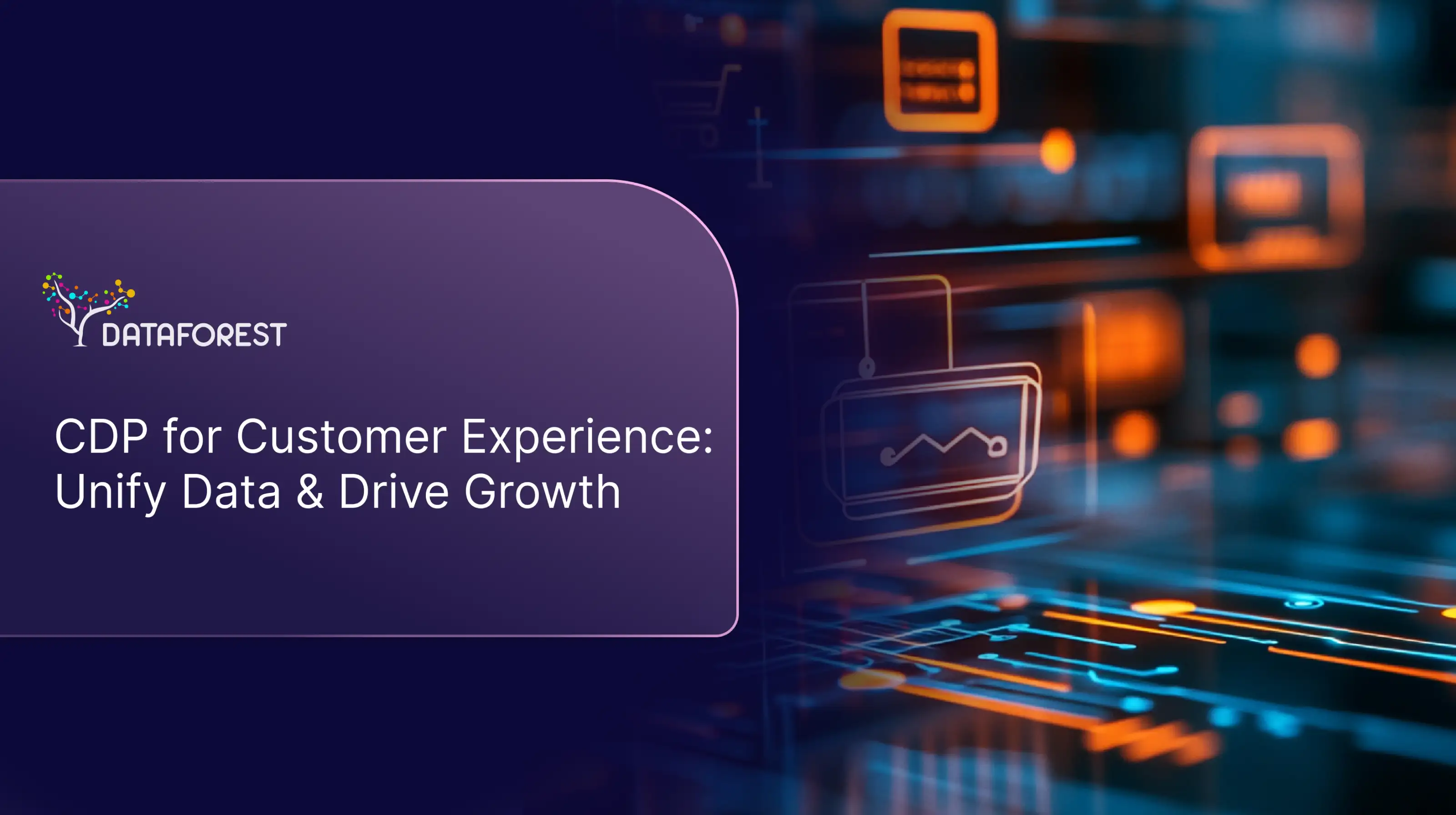Share
Table of contents:
Bayesian inference is a statistical method that utilizes Bayes' theorem to update the probability estimate for a hypothesis as more evidence or information becomes available. This approach is based on Bayesian probability, which interprets probability as a measure of belief or certainty regarding the occurrence of an event. Unlike traditional frequentist methods that focus solely on the frequency of events, Bayesian inference integrates prior knowledge with new data to derive updated beliefs about the probability of various outcomes.
Foundational Aspects
The fundamental concept of Bayesian inference revolves around the relationship between prior knowledge, the likelihood of observing new data given a hypothesis, and the posterior probability of the hypothesis after considering the new data. In essence, Bayesian inference allows practitioners to start with an initial belief about a hypothesis, known as the prior probability. This belief can be based on previous data, expert opinions, or other relevant information.
As new evidence is collected, the likelihood of that evidence under the given hypothesis is assessed. By combining the prior probability with this new information, Bayesian inference updates the belief to produce what is known as the posterior probability. This posterior probability reflects the new level of belief in the hypothesis after considering the evidence.
Main Attributes
Bayesian inference is characterized by several key attributes that set it apart from other statistical methods:
- Incorporation of Prior Knowledge: One of the primary features of Bayesian inference is its ability to incorporate prior beliefs or knowledge into the analysis. This prior information is expressed through the prior probability distribution, allowing analysts to make informed assumptions based on historical data or expert insights.
- Dynamic Updating: Bayesian inference supports continuous updating of beliefs as new data emerges. This flexibility is particularly beneficial in domains where data is collected over time, enabling researchers to refine their estimates and predictions in response to fresh information.
- Subjectivity: The subjectivity inherent in Bayesian inference arises from the selection of prior distributions, which can significantly influence the results. Different analysts may choose different priors based on their individual beliefs or experiences, leading to varied conclusions from the same dataset.
- Probabilistic Interpretation: Bayesian inference provides a framework for making decisions under uncertainty. Instead of yielding a single point estimate, it produces a distribution of possible outcomes, offering a more nuanced understanding of uncertainty in predictions. This probabilistic approach allows users to quantify their confidence in different scenarios and make informed decisions based on the range of possible outcomes.
- Applications Across Fields: Bayesian inference is widely applicable across numerous fields, including data science, machine learning, medical research, and finance. Its ability to update beliefs in the presence of new information makes it particularly valuable in contexts where data is continuously evolving and where decisions need to be made based on incomplete or uncertain information.
- Integration with Computational Techniques: The rise of computational power has significantly enhanced the practicality of Bayesian inference. Techniques such as Markov Chain Monte Carlo (MCMC) methods allow for the efficient sampling of complex posterior distributions, making it feasible to apply Bayesian approaches to high-dimensional data and intricate models.
Bayesian inference represents a powerful statistical paradigm that emphasizes the importance of prior knowledge and dynamic updating in the face of new evidence. Its unique characteristics, including the incorporation of subjective beliefs, probabilistic interpretation of uncertainty, and adaptability to changing data, make it an essential tool in modern data analysis. As industries increasingly rely on data-driven decision-making, the application of Bayesian inference continues to grow, offering robust solutions to complex problems across various domains.












